Three years in, the Recording Inclusivity Initiative is still fighting to diversify classical radio
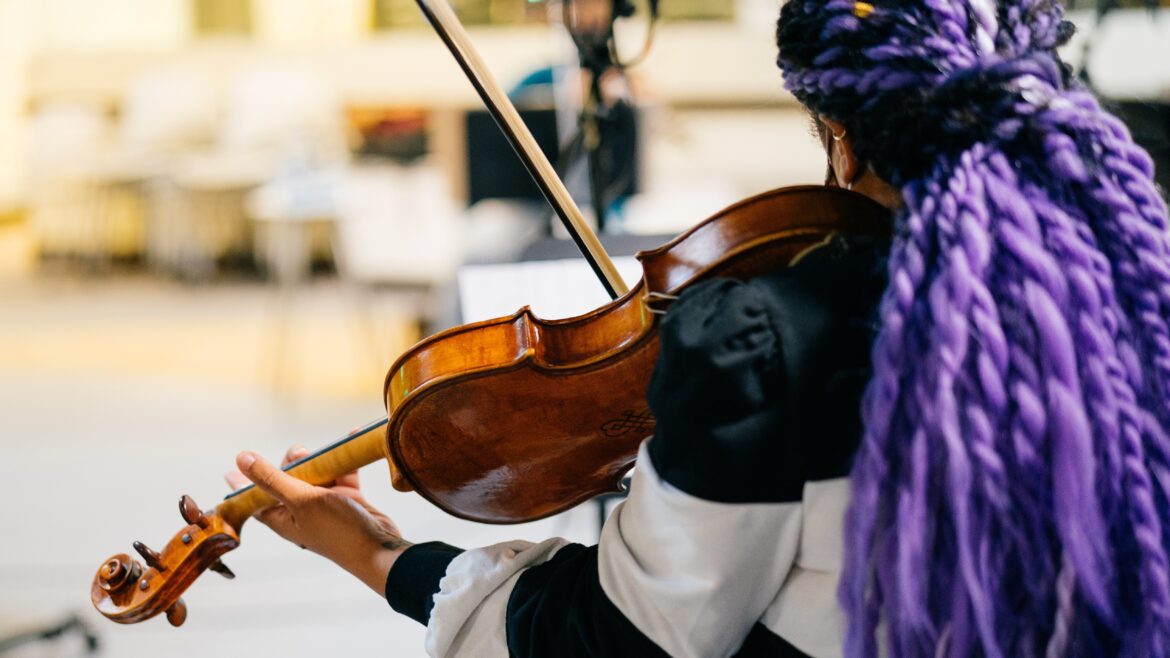
Christine Dong
Violist Jennifer Arnold records Damien Geter's "String Quartet No. 1: Neo-Soul" at All Classical Radio in Portland, Ore., in October 2020.
On Elevate, the brand new album from All Classical Radio’s Recording Inclusivity Initiative, you won’t find any Bach concertos or quirky new takes on Beethoven’s symphonies. Instead, you’ll find recordings by Japanese-born composer Yuko Uébayashi and Black American composer Damien Geter, as well as a sonata by Nobu Kōda, a long under-heralded female composer who, in the late 1800s, created some of the first works ever written by a Japanese composer in the Western style.
These pieces are emblematic of RII’s mission, which is to address issues of diversity in the classical world by producing and distributing high-quality recordings of music by composers from historically marginalized communities. Launched (and given Current’s Local that Works award) in 2021, the project has released two records in the past three years, including Elevate, and has another on the docket for fall 2025. The 30-plus tracks on those records are also free and available to download via an RII database, accessed by about 20 stations so far.
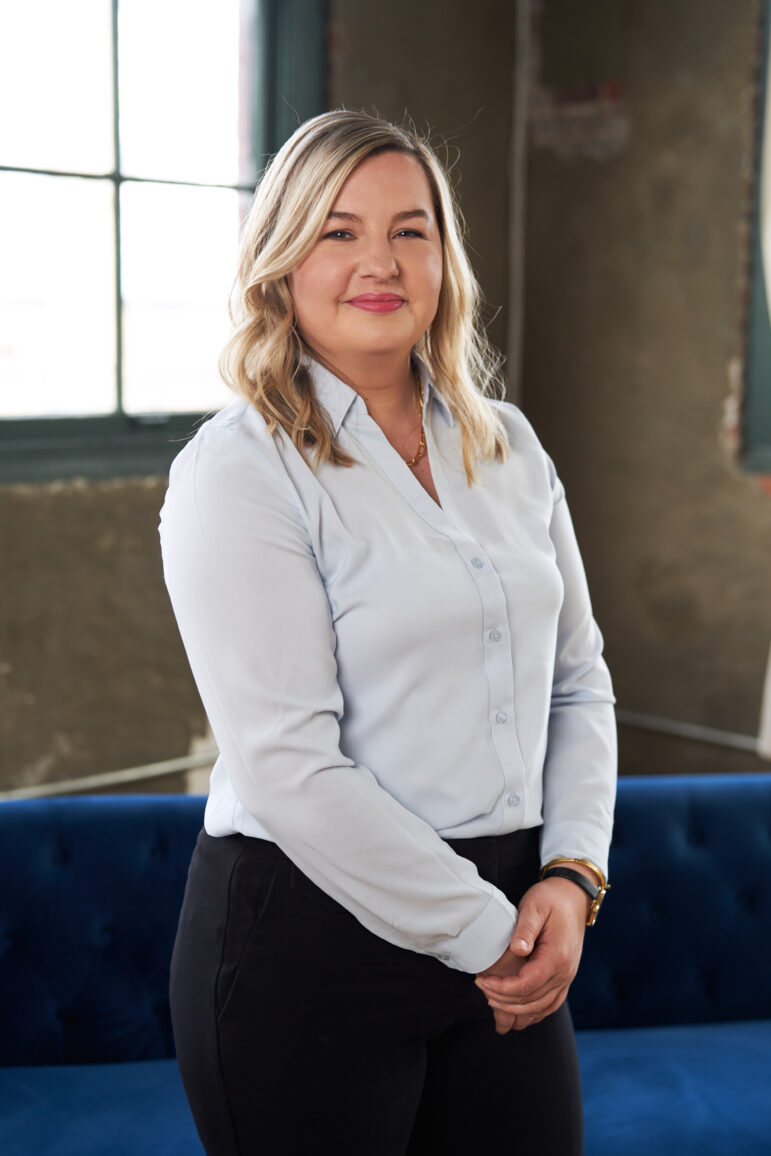
The database doesn’t just include cuts recorded by All Classical Radio. A big part of RII is that it’s meant to be collaborative. Stations can download tracks, but they can also record and contribute them, using a how-to kit produced and provided by All Classical Radio free of charge to guide them through the process. Accessed by over 50 stations to date, the kit includes information on how to get funding for the project through donors or grants, including language to maximize appeal and sample letters of support. The kit also includes a suggested budget, social media assets, logos and plug-and-play promotional materials that can accommodate stations’ logos.
The RII “shouldn’t be a competition,” says Kristina Becker, All Classical’s communications and operations manager.
“We want more recorded music, not less, so it’s not about who can get what,” Becker says. “It’s about how we can all do this together.”
‘The right thing to do’
While a number of stations have expressed interest in RII, a few have really dove in head first.
In San Juan, Puerto Rico, WIPR has pulled together a top-notch panel of RII advisors, including the director of the Conservatorio de Música de Puerto Rico and the director of the Symphony of Puerto Rico. The panel nominated 26 composers for potential inclusion in the project, all of whom received public recognition. Three composers’ works were broadcast live on radio and television as well as recorded, and the station has already committed to capturing a number of others.
WDAV in Davidson, N.C., which Becker calls “the station that has embraced RII most fully,” just released a trio of RII-driven recordings, including Xinyan Li’s “Mongolian Impressions” and B.E. Boykin’s “Moments in Sonder,” which was inspired by the poems of Maya Angelou. The station has also committed to recording another larger work — “Briar Patch,” a reframed take on the Uncle Remus story by Nkeiru Okoye — either in studio or as part of a live performance at some point in the near future.
WDAV is no stranger to pushing the boundaries of what’s traditionally considered “classical music” or who classical music listeners are thought to be. The station launched Concierto, a bilingual weekly show that’s distributed to almost 50 other stations and that features music performed or written by Spanish and Latin American artists, ensembles and composers, almost 14 years ago. Other shows like Lift Every Voice and NoteWorthy also highlight marginalized groups. That’s why, when the station’s advisory board members heard about RII, they knew they wanted to be involved.
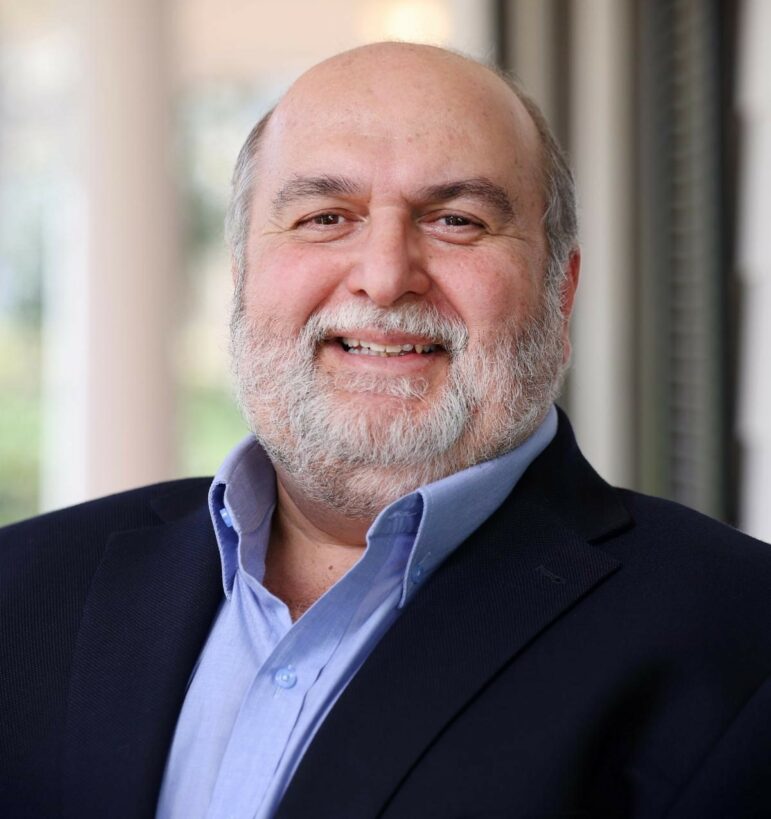
In late 2022, after attending a webinar put on by All Classical Radio, WDAV decided to assemble a panel of classical experts to recommend artists the station could record. It took some negotiations and wrangling to decide who would make the cut this first time around, but almost two years later, the fruits of the team’s labors are finally out in the world. Frank Dominguez, host of Concierto and the station’s GM, says listeners’ response to the project has been almost universally positive. Davidson College, WDAV’s licensee, loves that it reflects the institution’s DEI-infused values.
One donor even approached station staffers during a fundraiser to let them know that the RII programming was incredibly important to her as part of a mixed-race family. “To have her child be able to hear music written and performed by composers of color made a big difference to her,” Dominguez says. “We feel that [participating in RII] is the right thing to do in terms of appreciating all the people that we’ve known have been in our audience for years. Hopefully now they feel more recognized and more welcome than they might have before.”
One step forward, two steps back
While RII hasn’t grown as quickly as All Classical Radio staffers say they would have hoped, they’re confident in its importance and long-term success and say interest in the project has been relatively steady since it launched.
“We always knew that because of different markets, market sizes and budgets, each station was going to need to do this in the way that worked for them, their community and their resources,” says Suzanne Nance, CEO of All Classical Radio. “A lot of things have changed over the past couple of years, and nothing is really as we anticipated, but the stations who have called us — even if they haven’t launched their initiative yet — have at least had robust and healthy discussions internally about how they can do something [to push these ideas forward].”
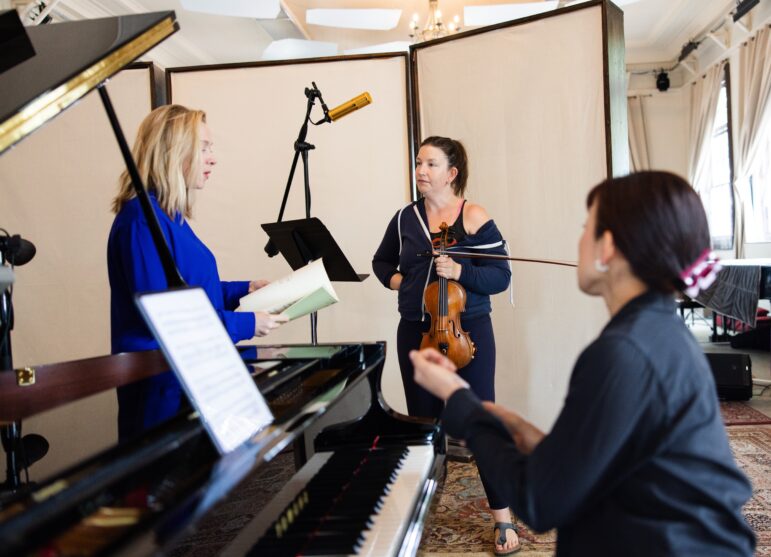
Damien Geter, whose compositions grace both All Classical’s and WDAV’s RII releases, says that while he thinks the classical landscape is changing as a whole and more and more Black composers are finding work and getting recognized, some performing arts centers seem to have backslid a little over the past couple of years in terms of their push for diversity. While Geter says festivals for Black classical musicians like Gateways have been packed with both performers and spectators, other venues have “struggled to put butts in seats.” Presenters think the way to do that, Geter says, “is to keep programming the classics,” but that model just doesn’t seem to work anymore.
RII has been community-funded through grants from the Oregon Cultural Trust, the Sorel Foundation, the Regional Arts and Culture Council and the International Brotherhood of Electrical Workers Local 48, as well as individual funding from local donors. This year, however, All Classical started funding part of the program through its annual operating budget. The station believes “so deeply in the mission of RII” that it’s become core to its identity, Nance says, noting that “we always intended to make resources available” once the project launched.
“If these artists don’t make it onto the airwaves, it doesn’t serve anyone, and certainly it’s not reflective of our region, our state and our nation,” she says.
The station did receive a large capital contribution this year, though, which it plans to use to build out its new media art center in downtown Portland, Ore., opening in July. While the funding isn’t specifically earmarked for RII, the $10.5 million facility will house five production studios and a 90–100 cap performance hall where All Classical can hold events highlighting RII-endorsed composers.
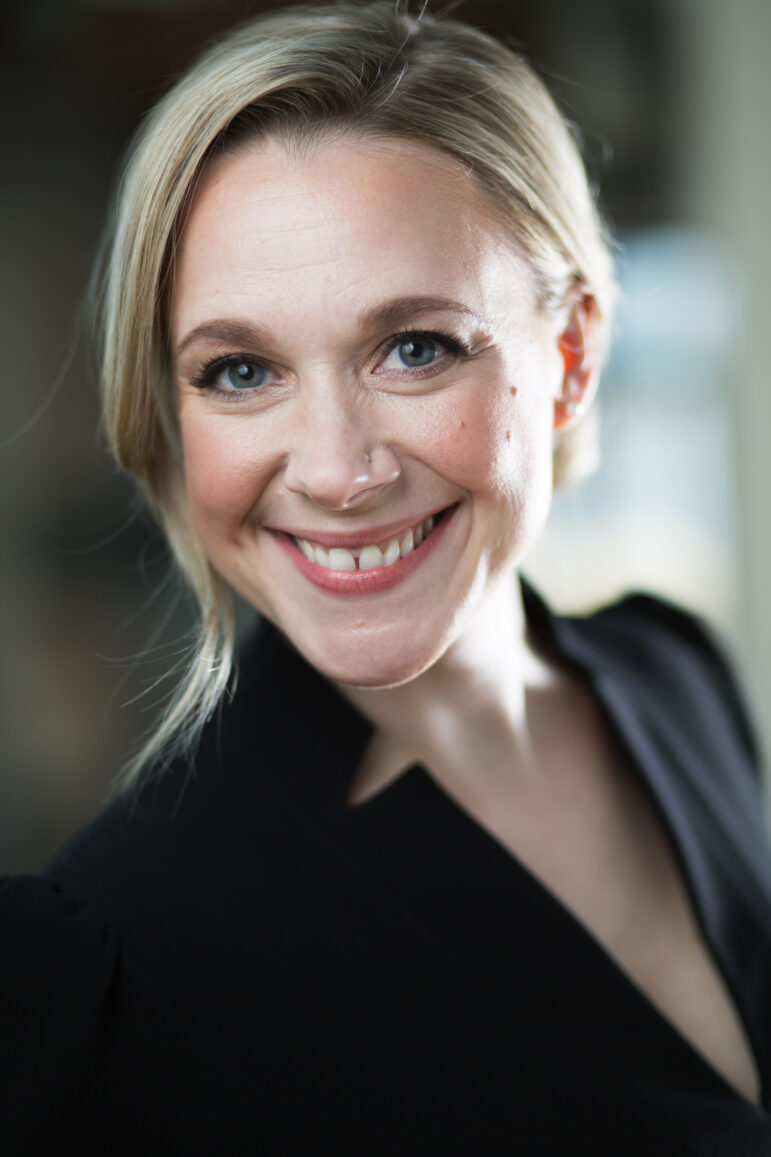
It will also have a recording studio — an upgrade, considering all previous RII releases were recorded off-site in hired spaces — which it plans to name after James DePriest, the longtime music director of the Oregon Symphony whom Nance calls “the late, great, Black conductor.”
“He’s never been honored with a monument or this kind of public recognition in Oregon,” she says. “Our recording studio will pay homage to his legacy and to the 15 recordings he made with the Oregon Symphony.”
All Classical Radio’s commitment to RII’s principles has made a measurable difference, too. Since 2019, Nance says, the station has increased the “total number of individual compositions by underrepresented composers in [its] playlist by 151%.” New works by Black composers in the station’s library have gone up 201%; by Asian and Asian American composers, 128%; by Latinx composers, 82%; and by women composers, 172%. Additionally, she says, she’s also heard that other stations have decided to program pieces from those marginalized composers on their stations after having heard the works on All Classical Radio. The proof, as they say, is in the proverbial pudding.
“We’re gratified by that increase in representation, and we want to keep going,” says Nance. “This is just the beginning.”
Correction: An earlier version of this article mistakenly said that Frank Dominguez is PD at WDAV. He is GM.






